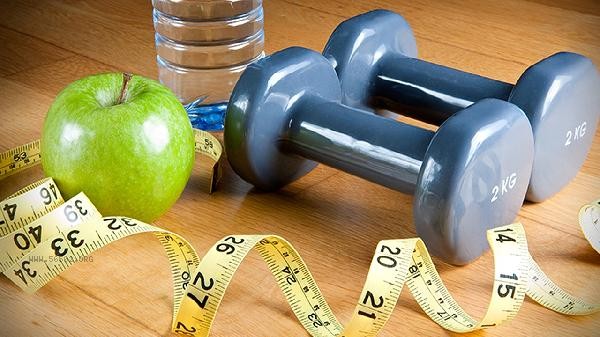Moderate consumption of low sugar and high fiber fruits after exercise can help with weight loss. It is recommended to choose strawberries, grapefruits, apples, blueberries, kiwis, etc. These fruits are low in calories and rich in dietary fiber, which can help control appetite and promote metabolism.

1. Strawberries
Strawberries have a sugar content of only 4-7 grams per 100 grams, and are rich in vitamin C and anthocyanins. Consuming it after exercise can supplement electrolytes, and its dietary fiber can delay the rise of blood sugar and avoid fat accumulation. Suggest pairing with sugar free yogurt to enhance satiety.
2. Pomelo
Pomelo contains naringin, which can help break down fat. Half a grapefruit contains about 53 calories and has a moisture content of over 90%. Eating it after exercise can quickly replenish water. Be aware that individuals with gastrointestinal allergies should avoid consuming on an empty stomach.
3. Apples
Apple pectin can adsorb intestinal oils, and medium-sized apples contain about 95 calories. Chewing apples after exercise can generate a satiety signal, and its polyphenols help reduce visceral fat accumulation. It is recommended to consume it with skin to increase fiber intake.

4. Blueberries
Blueberries are rich in antioxidants, with only 57 calories per 100 grams. The flavonoids it contains can regulate the activity of lipid metabolism enzymes, and consuming it after exercise can help alleviate muscle oxidative stress. Frozen blueberries do not affect their nutritional value.
5. Kiwi
Kiwi's protease can promote protein digestion, and two kiwis contain about 84 calories. Its vitamin C content is three times that of oranges, and consuming it after exercise can help with collagen synthesis and accelerate muscle repair. Within 30 minutes after exercise, it is the golden time to supplement fruits, and it is recommended to limit the intake to 200 grams per session. Avoid choosing high sugar fruits such as durian, lychee, and longan. Paired with high-quality protein such as eggs or chicken breast for better results, it can stabilize blood sugar and promote muscle synthesis. Long term adherence to a scientific diet after exercise, combined with regular sleep patterns, can effectively improve basal metabolic rate and achieve healthy weight loss. If there is gastrointestinal discomfort or abnormal blood sugar fluctuations, it is necessary to consult a nutritionist in a timely manner to adjust the diet plan.







Comments (0)
Leave a Comment
No comments yet
Be the first to share your thoughts!